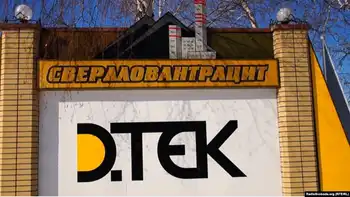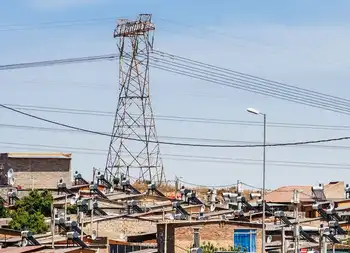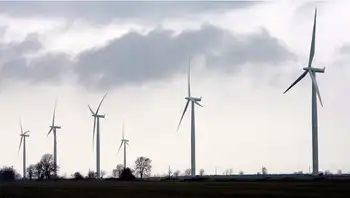Russia boosts stake in Uranium One
By Globe and Mail
NFPA 70b Training - Electrical Maintenance
Our customized live online or in‑person group training can be delivered to your staff at your location.

- Live Online
- 12 hours Instructor-led
- Group Training Available
Russian state-owned uranium mining company JSC Atomredmetzoloto, also known as ARMZ, is increasing its interest in Uranium One to 51 per cent in exchange for $610-million US in cash and an approximately 50-per-cent stake in each of two mines in southern Kazakhstan.
The agreement will increase Uranium One's production from its Kazakhstan assets by 60 per cent to 16 million pounds and will turn the Vancouver-based company into one of the world's top five uranium producers.
The move also gives ARMZ's parent, Russian nuclear giant Rosatom, a more solid base from which to expand its sources of uranium to feed its growing base of nuclear reactors.
"We would like just to use Uranium One as the global platform for future growth and all the future acquisitions and all M&A activity," ARMZ director general Vadim Zhivo said during a conference call recently.
The deal is also part of Russia's strategy to compete with such huge international players as French nuclear giant Areva Group and other state-owned nuclear players, Mr. Zhivo said.
There is an increased appetite among some governments worldwide to build nuclear plants and buy into uranium mines that feed them as demand for clean energy grows.
The deal between miner and ARMZ follows on one signed last year when the Russian company bought a 17-per-cent stake in Uranium One in exchange for a 50-per-cent stake in the Karatau uranium mine in Kazakhstan.
Since then, the partners have been looking for opportunities to expand their uranium presence, Uranium One chief executive officer Jean Nortier said in an interview from Moscow.
But given the limited number of uranium assets, the two sides decided to tighten their own relationship.
"We battled to find value across the world, what we therefore have come up [with] is assets that make a lot of sense," Mr. Nortier said.
Both companies denied a Russian takeover of Uranium One is the next step.
"We have never discussed that the next step is to take it over," said Mr. Nortier, but said there is nothing in the agreement to block such a deal. "The intension is for them to stay at 51 per cent and for us to grow the business together."
In a recent interview posted on the Rosatom website, Mr. Zhivo cited legislation as one of the "many barriers" for it to launch a takeover bid of companies in places such as Canada.
It said the first deal it did with Uranium One took nearly a year, and required approval from regulators in Kazakhstan, Australia, the United States and Canada.
The deal is expected to close at the end of the year.
ARMZ has agreed not to buy or sell any Uranium One shares for 18 months after closing. Uranium One will also pay a special cash dividend of $1.06 a share to shareholders other than ARMZ.
As part of the deal, Uranium One will acquire a 50-per-cent interest in Akbastau and a 49.67-per-cent interest in Zarechnoye.
Akbastau is also 50-per-cent owned by state-owned Kazakhstani nuclear company Kazatomprom. Kazatomprom also holds a 49.67-per-cent interest in the Zarechnoye joint venture.
Mining industry veteran Ian Telfer will remain chairman of the Uranium One board, which will be reduced to nine directors from 13. ARMZ will be entitled to appoint three of its own members.
Uranium One also said it sold off most of its shares in Australian-based uranium miner Paladin Energy Ltd. to help put through the deal with the Russians. Last month, Uranium One increased its stake in Paladin to 3 per cent, which sparked takeover speculation.











